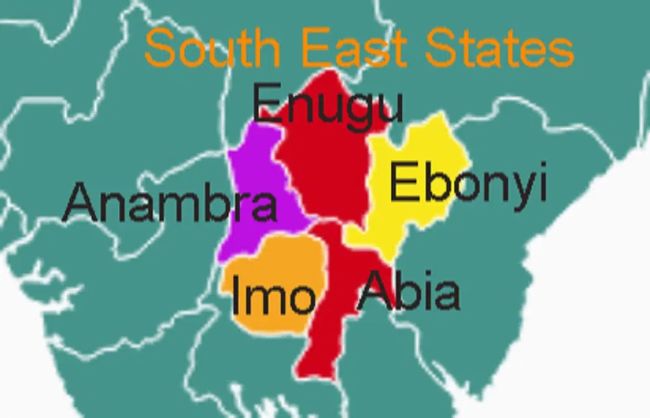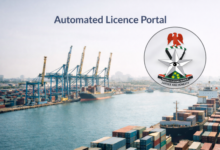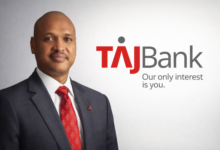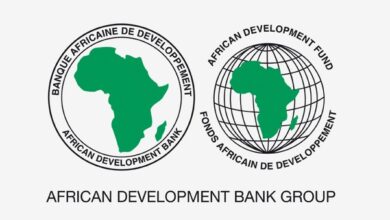2024 South-East Business/Investment Summit: Matters Arising
 By Kingsley Okoye
By Kingsley Okoye
The South East Business and Investment Summit (SEBIS) had come and gone, leaving in its trail some critical discussions and strategic take-aways for the zones’s economic growth and development.
The three-day summit, held in Enugu from Dec. 11 to Dec. 13, saw the convergence of business leaders, investors and policy makers to proffer solutions to some of the challenges currently confronting the south-east economic landscape.
From infrastructure deficits and insecurity to funding and ultimately, the challenges of SMEs, experts shared insights on the factors militating against actualising the economic potential of the zone and possible solutions to challenges.
Shell investment shows Nigeria remains top oil, gas destination – TDF
They also advanced some practical measures, highlighting experts’ recommendations and the required roadmap for transforming the zone into Nigeria’s thriving economic hub.
The South East Business and Investment Summit, a public-private sector initiative, was sponsored by Enyimba Economic City (EEC), in collaboration with South-East Chambers of Commerce and Enugu Chamber of Commerce.
The Private Sector Lead of EEC, Mr Darl Uzu, while speaking on “Making South-East the Manufacturing Floor of Africa: The Audacity of Enyimba Economic City”, said EEC was running on sustainable and environmental-friendly models.
He said that EEC had entered into partnerships that would create businesses beyond its immediate environment, with impacts lingering for years.
“Enyimba Economic City is a special free trade zone, with platforms for manufacturing, entertainment, education, health, sports and with world-class infrastructure to support their optimal performances.
“We are working with SMEs in India, China and other countries that are desirous of establishing their manufacturing plants in Enyimba Economic City and which are in search of credible Nigerian partners.
“Enyimba is working with the Chambers of Commerce in match-making the companies and SMEs in Nigeria with foreign companies,” he said.
Uzu said that EEC was determined to build a modern international city, stressing that it received global recognition as winner of the prestigious New Cities Business Plan Contest of Chartered Cities Institute in Washington DC in 2019, with a cash prize of 25,000 dollars.
While stating that the EEC project was a big one, the private sector lead called for more partners and participations.
The summit, with theme: “Remaking the South-East as an Economic Power House,” was chaired by the Obi of Onitsha, Igwe Nnameka Achebe.
Under the leadership of Achebe, business mogul, the summit centred its deliberations on how best to foster economic growth and development in the south-east zone.
The summit also centred discussions on some of the key factors affecting ease of doing business by SMEs, including infrastructure, security, access to resources, funding and friendly government policies.
Speaking at the occasion, the Director-General of Onitsha Business School, Prof. Olusegun Sogbesan, challenged the conventional axiom that: “funding is the primary obstacle to business success.”
According to him, funding is not a major challenge in managing business, contrary to the popular notion.
“The most important thing is to conceive a business and answer all the questions around it.
“Most of our businesses have no sustainable issues and they are not providing lasting solutions; a business should exist to solve societal challenges.
“There are funding arrangements for different types of businesses and the funds are available globally for businesses that are clear about what they intend to contribute to the global economy.
“What we need, therefore, are resources which include the aggregation of the different things required to run a business,” he said.
Mr Sam Ohuabunwa, a former Chairman of Pfizer and President of Ohanaeze Business Council, stressed the need for strengthening the various business measures across the sectors.
Also, Dr Nkemjika Ajoku, the Chief Executive Officer of Investment Managers and Assets Consulting Limited, said that EEC had signed agreements with some SMEs in India and other parts of the world, adding that Nigerian investors could benefit from the agreements.
High point of the summit was deliberations on partnership options for infrastructure provisions and sustainable economic management in the south-east zone and the country in general.
The communiqué issued at the end of the summit also listed infrastructure, security, access to resources, funding and friendly government policies as some of the factors capable of improving ease of doing business in the south-east zone.
News Agency of Nigeria (NAN)












